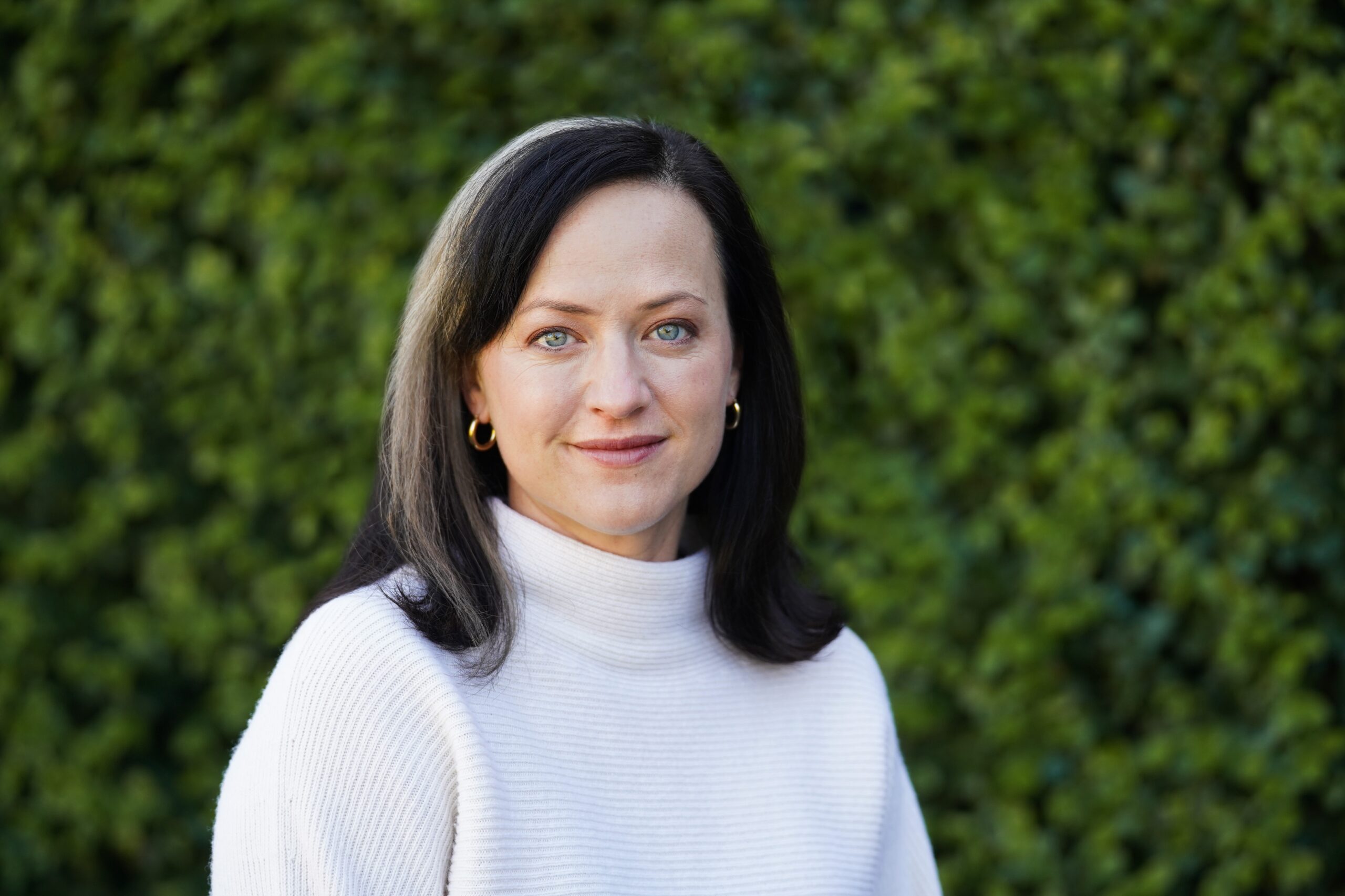Prof. Emily Murphy Brings Expertise in Brain Science to the Study of Law

Prof. Emily Murphy’s research focuses on the intersection of neuroscience, behavioral science, and the law.
With a background in behavioral brain science, UC Law San Francisco’s newest tenured professor brings a dynamic and unique perspective to her teaching and research.
Prof. Emily Murphy began her education in science—earning her bachelor’s degree in psychology from Harvard University and her Ph.D. in Behavioral Neuroscience and Psychopharmacology from the University of Cambridge, Trinity College.
It was during her postdoctoral research position at the Center for Law and the Biosciences at Stanford that she moved her focus from science to law.
“There’s a growing number of legal academics who have biosciences and behavioral sciences training and experience,” she said. “There are crossovers in intellectual property law, forensics, and scientific evidence, there’s a growing field in law and the biosciences – questions of how advancing understanding in the biosciences should change our understanding of law as well.”
After attending law school at Stanford and working at the McArthur Foundation’s Law and Neuroscience Project, she clerked for a judge on the U.S. Court of Appeals for the Ninth Circuit, and practiced commercial law in Los Angeles – before becoming a law professor. She joined the UC Law SF faculty in 2017.
Her research specialty area reflects her interdisciplinary background, combining the areas of neuroscience, behavioral science and the law. Her subject of Collective Cognitive Capital seeks to use behavioral science to evaluate public policy decisions, including the creation of laws, and study how those decisions impact how people function.
“It’s how they respond to certain laws, how our laws should be prioritizing the development of behavioral and cognitive capacities – what gives us autonomy and freedom to pursue the lives we want to, and the types of policies and choices we have to make about the law,” she explained.
She’s been published in the Stanford Law Review, The Journal of Law & the Biosciences, Connecticut Law Review, William & Mary Law Review, Law & Psychology Review, Psychology Public Policy & Law, and Science. She’s also received the Faculty Foundation Award and been the keynote speaker at the Sainsbury-Wellcome Lecture.
UC Law SF Provost Morris Ratner said, “Professor Murphy’s holistic brain science framework provides new tools to analyze and decide how a state interacts with its citizens—with the normative goal of making their lives better by improving brain function, cognitive capacity, and thus autonomy and freedom. Its normative definition of what is valuable—brain functioning that subserves and maximizes agency—is aligned with what makes us human.”
She said she wants to develop a major research program around the idea of Collective Cognitive Capital, where she will invite data scientists and public policy experts to explore the issue of using the brain and behavioral science to scrutinize and evaluate public policy.
Chancellor & Dean David Faigman first met Murphy years before she joined the faculty, when he served with her on the MacArthur Law & Neuroscience Network. He said that he knew shortly after meeting her that “she was soon to be a star, both as a scholar and teacher.” He continued, “Professor Murphy brings to her scholarship a deep and nuanced understanding of both the law and science; her work brings new understanding to the uneasy alliance between these two great disciplines.” He added that “she is also a gifted teacher, someone who is brilliant in the classroom and deeply caring of her students.”
When she’s not working in her research area, she says her other passion is teaching law students, particularly first-years. She currently teaches contracts, evidence, and a course on Law and Behavior Science. “I love teaching 1Ls because I think the learning curve for 1Ls is so steep for students,” she said. “It’s such a shift from the type of education they’ve had before because they’re learning to think in such a new way. It’s a unique privilege because I can still remember the impact my 1L professors had on me.”
Ratner said her devotion to teaching shows, “Professor Murphy is a rock star in the classroom. She’s courageous and innovative, inspiring effusive praise from students for all the right reasons, including her innovative and skillful teaching methods.”
She said, “Law professors have the best job in the whole world. They have so much freedom to do interdisciplinary and normative thinking. That’s not something you can really do in the sciences.”